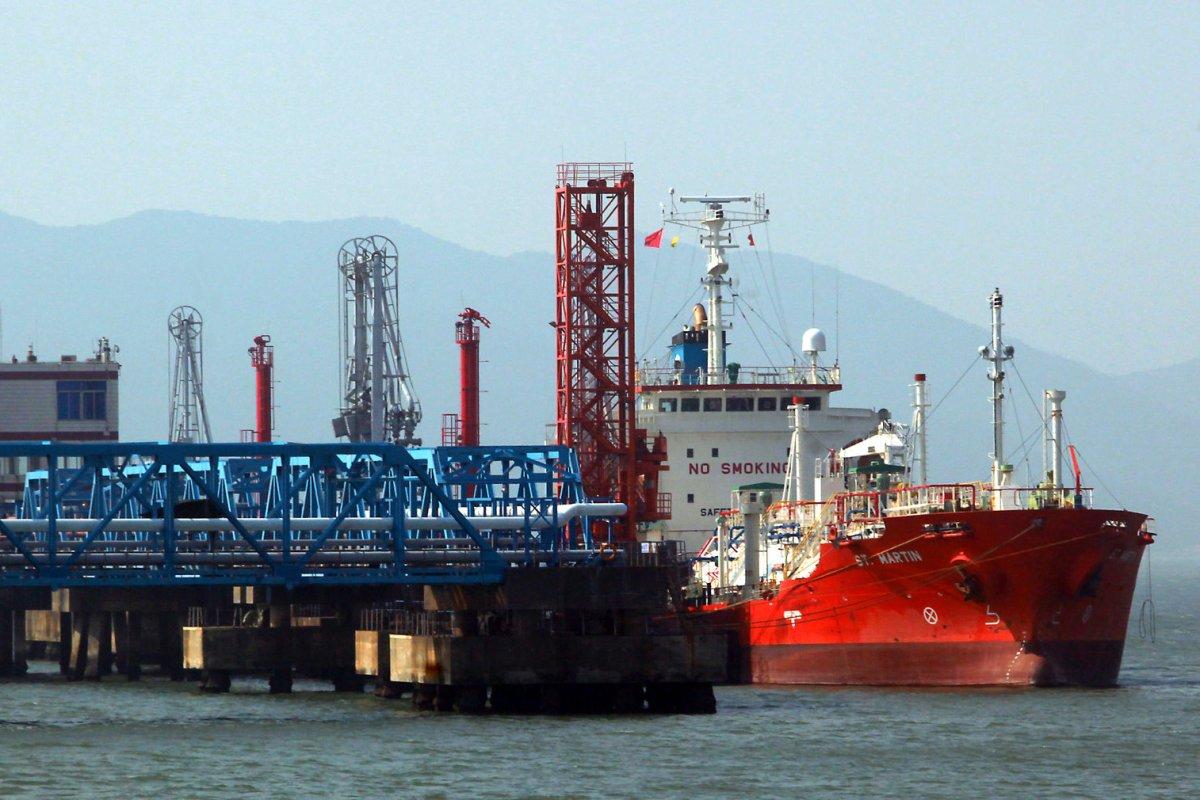The bunker fuel market is estimated to be valued at US$ 28.84 Bn in 2023 and is expected to exhibit a CAGR of 7.1% over the forecast period 2023 to 2030, as highlighted in a new report published by Coherent Market Insights.
Market Overview:
Bunker fuel, also known as ship fuel, is used to power ships and vessels. It is a type of residual fuel oil used onboard vessels. Key applications of bunker fuel include power generation, cargo operations, and propelling the vessel. It is predominantly used in container ships, tankers, bulk carriers, and other cargo/container vessels for domestic as well as international transportation of goods via sea routes.
Market Dynamics:
Bunker fuel demand is driven by increasing sea-borne trade activities across the globe. Around 90% of global trade is undertaken through maritime transport, consequently fueling demand for bunker fuels from cargo and container vessels. According to UNCTAD (United Nations Conference on Trade and Development), the total seaborne trade volumes increased by around 4.3% to reach 11.08 billion tons in 2021. Majority of crude oil, LNG, iron ore, grains, and other bulk commodities are transported through large vessels that run on bunker fuels.
Secondly, stringent emission norms by International Maritime Organization (IMO) on use of low sulfur bunker fuels is also positively impacting the market. In January 2020, IMO implemented the regulation to cap global sulfur content in fuel oil used onboard ships to 0.5%. As a result, ship owners are either using 0.5% sulfur compliant very low sulfur fuel oil (VLSFO) or installing exhaust gas cleaning systems. This is augmenting the demand low sulfur compliant bunker fuels from refineries and bunker suppliers.
SWOT Analysis
Strength: Bunker fuel is a cost-effective fuel for ships as it is available at comparatively lower prices than other fuels. The large production capacities of key bunker suppliers ensure continuous fuel availability. Strict regulations regarding ship emissions are reducing the sulfur content in bunker fuel, making it more environment-friendly.
Weakness: Fuel quality and consistency issues have been a long-standing concern for ship operators. Frequent price fluctuations make bunker fuel costs difficult to predict for shipping companies. Stringent environmental norms will increase compliance costs for bunker suppliers.
Opportunity: Implementation of IMO regulations provide an opportunity for suppliers to increase their sales of cleaner, low-sulfur bunker fuels. Growing maritime trade volumes is increasing the demand for bunker fuel across major ports. Expanding Panama Canal will boost bunker fuel consumption for larger ships.
Threats: Alternative fuels like LNG pose a potential threat to the long-term demand prospects of conventional bunker fuels. Economic slowdowns can negatively impact international seaborne trade and weaken bunker fuel sales. Geopolitical tensions in key bunker hubs raise supply security concerns.
Key Takeaways
The Global Bunker Fuel Market Size is expected to witness high growth, exhibiting CAGR of 7.1% over the forecast period, due to increasing global maritime trade volumes driven by robust growth in containerized cargo transport. Asia Pacific dominated the market in 2023 with over 50% share due to large scale bunkering operations in ports located in China, Singapore, UAE and South Korea.
Regional analysis
Asia Pacific is expected to remain the fastest growing as well as largest bunker fuel market during the forecast period owing to the presence of busiest container ports and major crude oil producers in the region. China, Singapore and South Korea are some of the prominent bunkering hubs globally. Europe and North America are also expected to garner significant market shares due to large bunkering volumes in ports located across major economies such as Netherlands, United States and Spain.
Key players
Key players operating in the bunker fuel market are Chemoil Energy Limited, Aegean Marine Petroleum Network, Inc., World Fuel Services Corporation, Gulf Agency Company Ltd., Gazpromneft Marine Bunker LLC, BP Marine Ltd., Exxon Mobil Corporation, Royal Dutch Shell plc, Bunker Holding A/S, and Lukoil-Bunker LLC.
Discover More: https://www.zupyak.com/p/3950033/t/coal-is-fastest-growing-segment-fueling-the-growth-of-bunker-fuel-market



